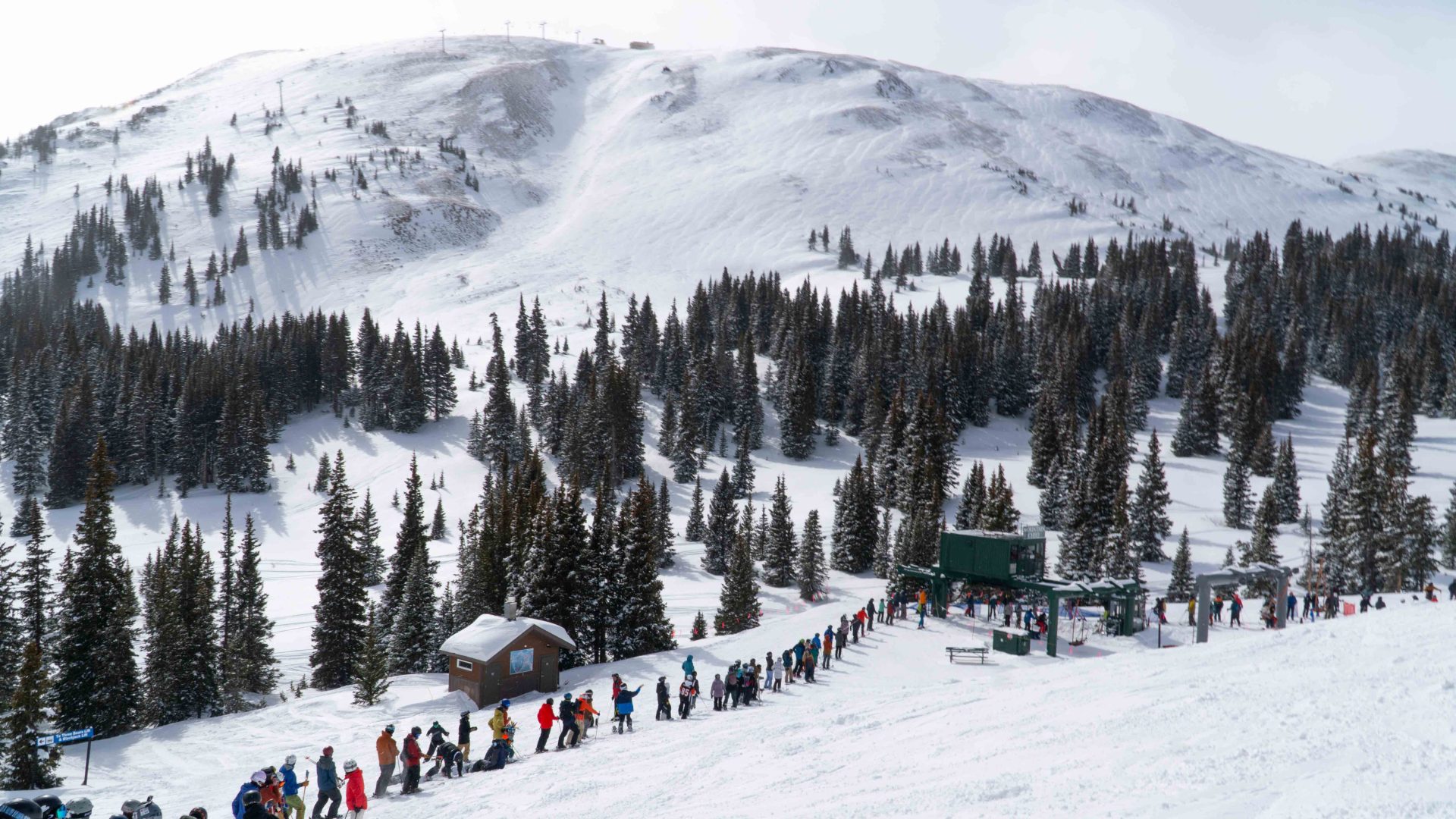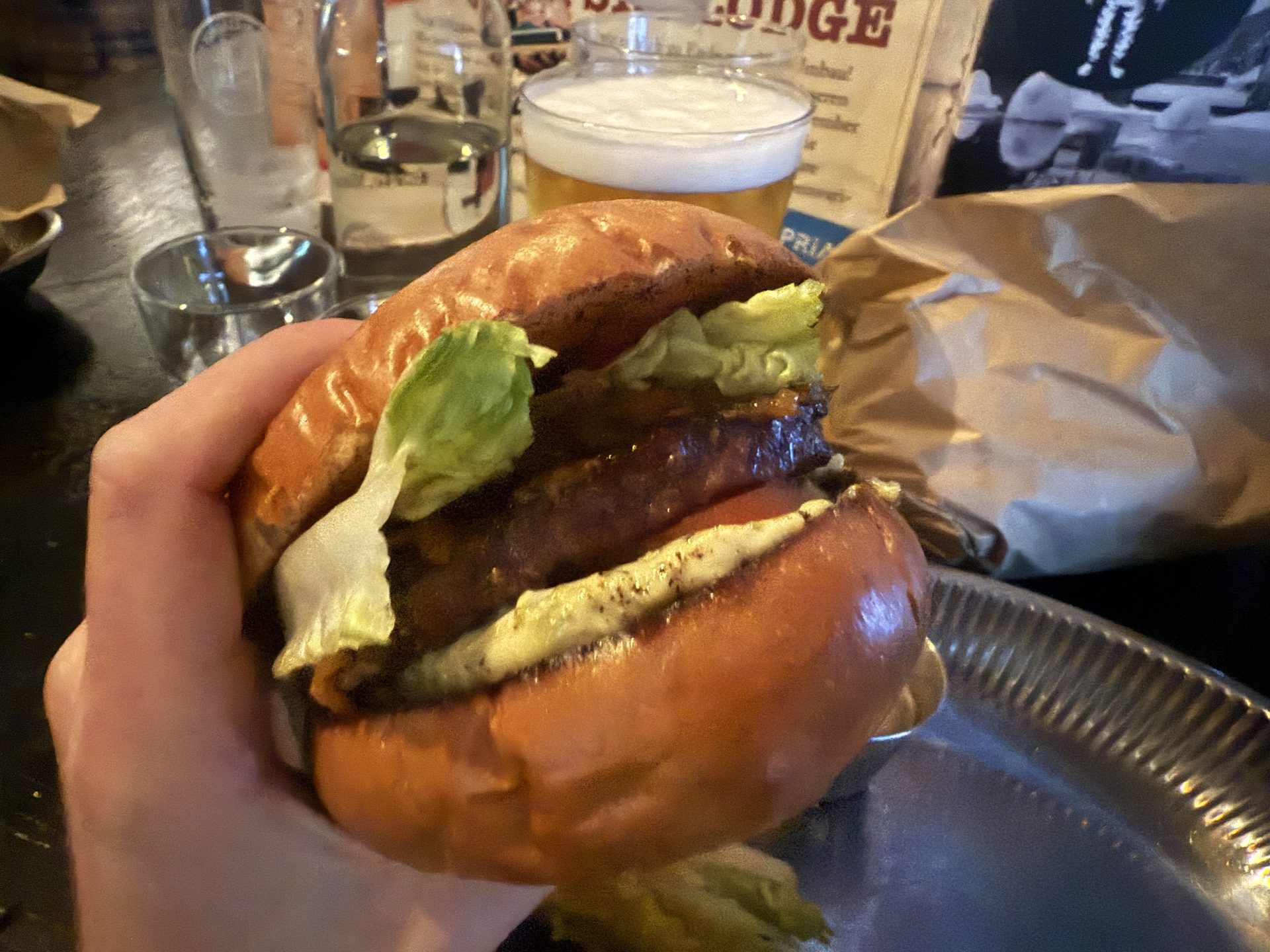


If you’ve bought food at a ski resort recently and thought, “This should be illegal,” you’re not alone. A class action lawsuit has been filed against Copper Mountain, Colorado, and the resort operator, POWDR, by Gary Chaney and other Copper Mountain visitors for allegedly engaging in deceptive pricing practices. The lawsuit claims that not including the resort surcharge of 9% in menu prices is in violation of the Colorado Consumer Protection Act. At the time of Chaney’s visit, menu prices as advertised are misleading as visitors think food is cheaper than it is until checkout.
In the USA, prices on food and retail items typically do not include tax, and receipts typically only list government levied taxes like sales tax. The lawsuit points out that Copper Mountain and POWDR are not collecting a government-mandated tax but are incurring an additional revenue and should as such beincluded in the menu-listed prices. The lawsuit illustrates its point with a hypothetical: POWDR could list a burger at $5—the cost of ingredients—then add a “cooking surcharge” and a resort surcharge at checkout. POWDR Vice President for Communications Stacey Hutchinson told Summit Daily that the lawsuit is “entirely baseless.”
The Colorado Consumer Protection Act, signed into law in May 2019, forbids unfair or deceptive trade practices, which include “knowingly or recklessly engaging in any unfair, unconscionable, deceptive, deliberately misleading, false, or fraudulent act or practice.” However, proving in court that POWDR and Copper Mountain intentionally mislead their customers may prove challenging. On the one hand, not including resort charges in food menu prices seems misleading, but on the other hand, POWDR could have further hidden this resort charges along with the sales tax in a general ‘Taxes and Fees.’
As of now, the lawsuit has not been scheduled for trial.






